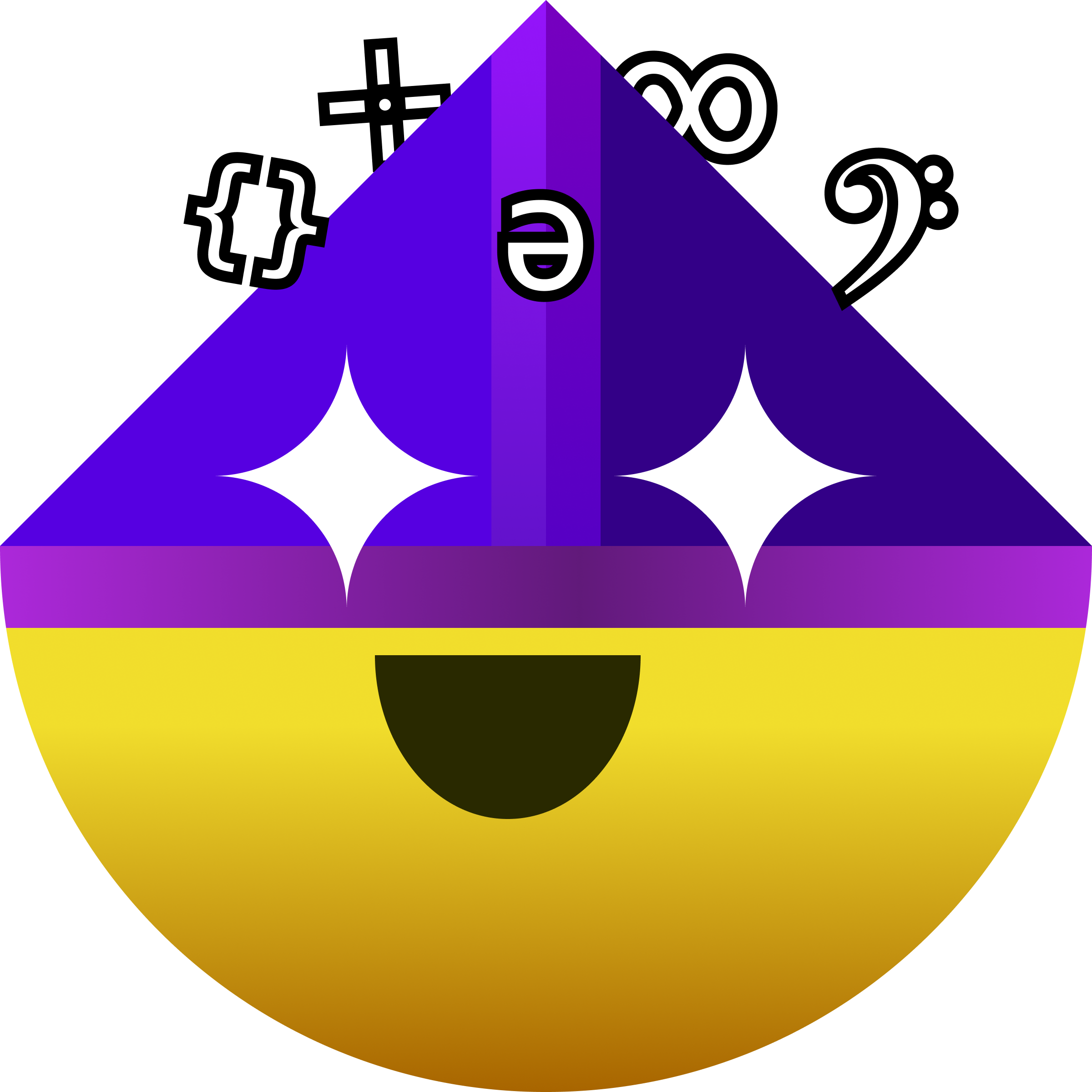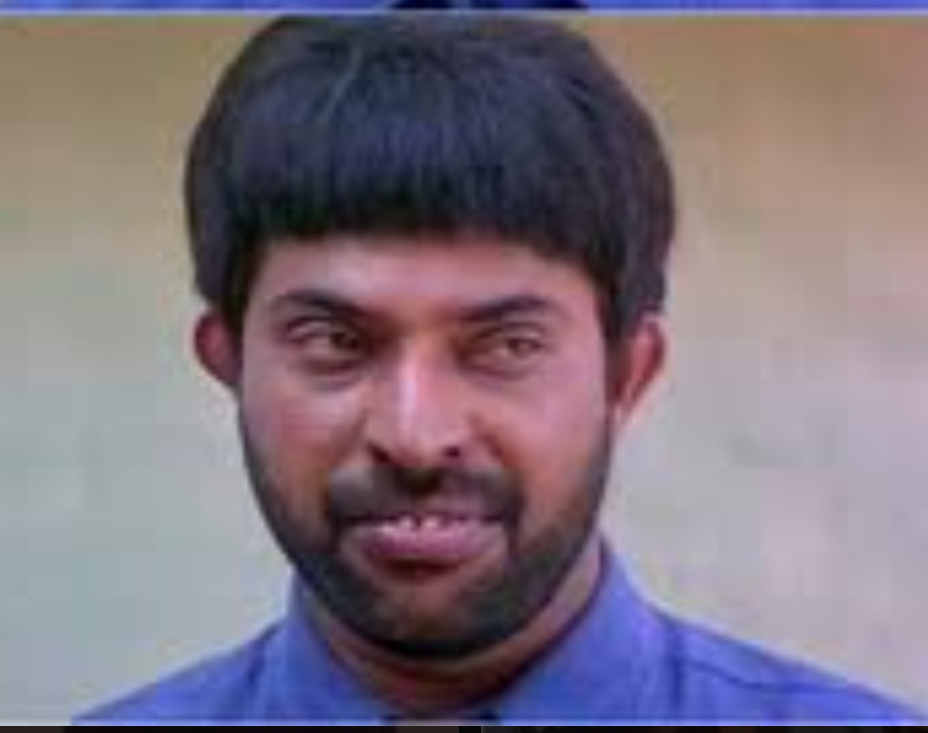Here’s one for adults:
0.9• = 1
For anybody curious, in another notation it’s 0.(9)
That only works if you have enough nines.
That’s literally what the dot means. Infinite nines.
Do we have that many?
There is actually a global scarcity of 9’s but about 80 percent of the world’s 9’s are stockpiled in Nevada
Well that won’t do. I’ll see about sourcing some 6’s and a spatula to flip them.
e^(i*Pi) + 1 = 0 is cooler
might be missing a +1 (edit: it’s fixed now)
yesh sry
Well e^iπ=cosπ+isinπ=-1 but an error of 1 isn’t so bad so it’s close enough
That one always fucked me up in my calculus classes
debatable
Not really.
1/3 = 0.3•
1/3 + 1/3 + 1/3 = 0.3• + 0.3• + 0.3•
3/3 = 0.9•
1 = 0.9•
And that’s only one proof, there are others.
This is not a proof as you start with the answer, albeit disguised as a known truth. Here is a real proof. Start by assigning the recurring decimal a variable.
x = 0.9999...Now calculate 10 times this by shifting the decimal place.
10x = 9.9999...You can then subtract the second equation from the first. Note that all the digits after the decimal cancel out, leaving us with the following.
9x = 9 x = 1Therefore, 0.9999… = 1. Infinity does weird things!
can 0.3• + 0.3• + 0.3• be really be added to equal 0.9• the same way that 0.3 + 0.3 + 0.3 = 0.9 though? and if so, is it proven or assumed? im not saying ur wrong btw, just asking. and does 0.000…001 equal 0?
0.3• has infinte decimals, 0.0000…001 does not. No matter how many zeroes you put before the one, there will never be infinite zeroes, so it’s not equal to 0.
You simply cannot have “Infinity + 1” decimals, since infinity + 1 = infinity.
okay…i dont understand but ill trust you
There is actually a smallest number, typically denoted by a lower case epsilon, which is infintesimally small, typically used in calculus proofs.
I’m not a math person at all, so I’m not really debating your proof, but it seems to me that if 0.9• = 1, then what does 0.1• equal? It “fits” perfectly into the “space” between 0.9• and 1, but if 0.9•=1 then 0.1• should equal 0, right? Except it doesn’t, because 0.1<0.1• and 0.1 definitely isn’t 0.
I definitely understand why some religious people think numbers are a tool of Satan.
0.1111… is equal to 1/9. 0.0000… is trivially equal to 0.
My calculator agrees with you but it still doesn’t make intuitive sense to my brain. 0.1• still seems like it “fits” neatly into 0.9• to create 1.
Ah, well. Good thing I’m not designing bridges, right?
Think of it with fewer digits.
If we have 0.999 and 0.111, then yeah, each 1 neatly complements each 9. But you have to consider that each of them result in a 1 the next digit upwards (as 09 + 01 = 10). So 0.999 + 0.111 equals 1.110. What you actually want here is 0.001, which just complements the last 9, which returns a 1 for the next 9, which returns a 1 for the next 9 and so on. 0.999 + 0.001 = 1.000. If you increase the digits, the zeros between the decimal point and the one increase too, causing the number to get smaller and smaller. If continue this infinitely long, the number becomes 0.0.999• + 0.000• = 1.000•
It’s infinite ones - as you expand it, the illusion offered by the single digit disappears. 0.999 + 0.111 is 1.11, so 0.999… + 0.111… is 1.111…
You’re the fucker who stole my nose!
or place any kind of a complex math equation to the power of zero … equals 1 … and also … WHAT DID YOU DO WITH THAT THUMB!?
Damn I really uses to enjoy being told stuff like this as a kid. Even math gave me a sense of wonder when framed this way.
i do multiply with pen and paper and then realize i f*ked up when i don’t know how to multiply with zero. Ah! Those days







